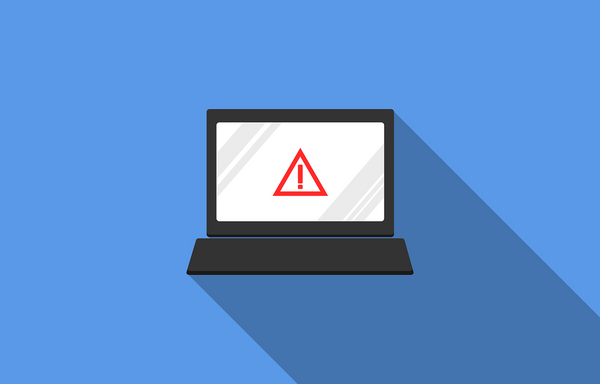Remote Access Scams Swindled $7.2 Million from Australian Users This Year

Scammers are everywhere. They are highly adapted social engineers who prey on human emotions to trick you into handing over your personal information and money.
A recent report by the Australian Competition & Consumer Commission (ACCC) highlights a particular type of scam that defrauded Aussies of over $7.2 million in the first half of 2021.
Remote access scams have nearly tripled compared with the same period in 2020. The ACCC’s Scamwatch has received almost 6,500 phone calls from consumers who’ve received fraudulent calls from scammers attempting to persuade them to download software providing remote access to their computers.
Most commonly impersonated are eBay, Amazon, Telstra and IT support companies, followed by financial and government institutions. Victims aged 55 and over account for nearly half of all losses, the agency notes.
“These types of scams target and impact all people and can be convincing. People aged 55 and older lost over $4.4 million, accounting for almost half of total losses,” ACCC Deputy Chair Delia Rickard said. “Young people reported losing on average $20,000 and eight Indigenous Australians, some in remote communities, lost a total of $38,000.”
Most remote access scams are linked to tech support fraud and typically start with an unsolicited phone call or pop-up ad notifying you that your device is infected with malware. However, victims may also receive text messages saying that one of their online accounts has been compromised or has fraudulent charges.
In a remote access scam, victims are told they will receive assistance to resolve the issue. They urge targets to download and install remote access software such as TeamViewer or AnyDesk. Once a remote connection to the device is enabled, the perp asks the victim to login into their email account, online banking platform, or PayPal, allowing him to steal personal information.
Even if these programs are legitimate tech support tools, fraudsters can easily use them to steal personal information, money and even your identity.
How to protect against remote access scams
Protecting your sensitive information and accounts from remote access scams can be easy once you understand these key concepts:
- Tech support companies or government agencies will not contact call you stating that your device or accounts have been compromised
- Pop-ups or virus warnings on websites are always a scam
- The callers are very persistent and may use abusive language to scare you
- The caller asks for your info, bank or credit card details
“It is really important not to let anyone who contacts you out of the blue access your devices, as once you give them access, you have no way of knowing what the person will do to your computer or what programs they may install,” Rickard added.
“If you receive contact from someone claiming to be from a telecommunications company, a technical support service provider or online marketplace, hang up. If you think the communication may have been legitimate, independently source the contact details for the organization to contact them. Don’t use the contact details in the communication. Also, don’t click on any of the links.”
If you or a family member are ever contacted, make sure to:
- Never provide personal or credit card information
- Hang up the phone if the call is about your “compromised” devices or technical issues
- Install a local security solution on your device
- Stick to good cyber hygiene and make sure to never click on pop-ups or links received from unverified sources
tags
Author
Alina is a history buff passionate about cybersecurity and anything sci-fi, advocating Bitdefender technologies and solutions. She spends most of her time between her two feline friends and traveling.
View all postsRight now Top posts
How to Identify and Protect Yourself from Gaming Laptop Scams
February 11, 2025
Your Device ‘Fingerprint’ Will Go to Advertisers Starting February 2025
December 24, 2024
Beware of Scam Emails Seeking Donations for UNICEF or Other Humanitarian Groups
December 19, 2024
FOLLOW US ON SOCIAL MEDIA
You might also like
Bookmarks








